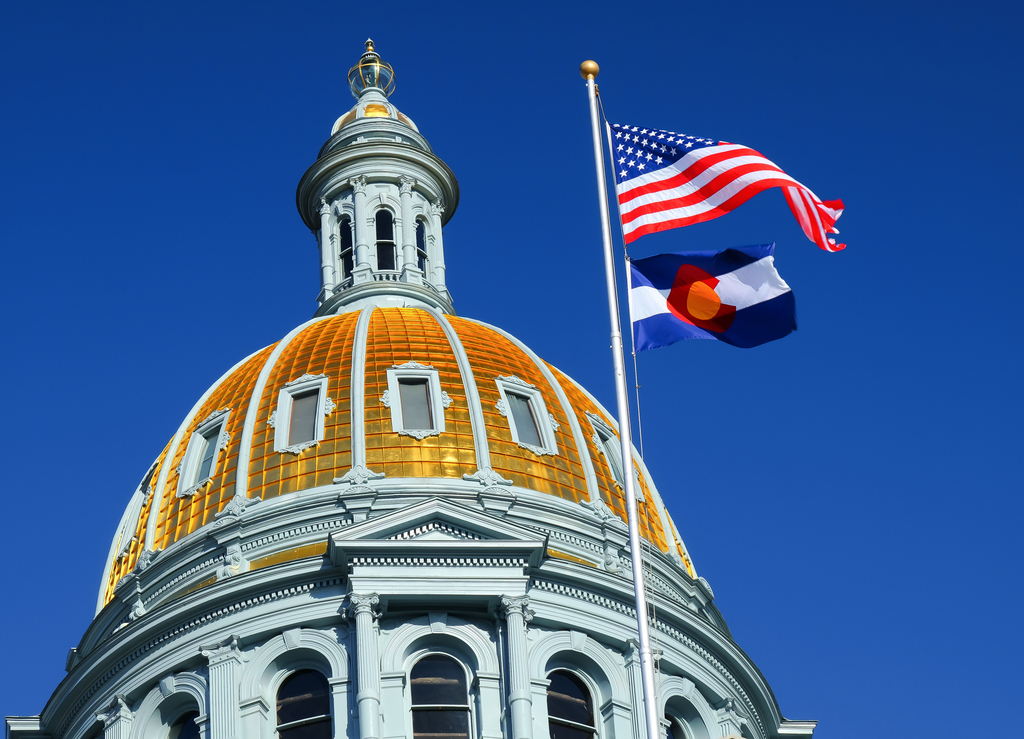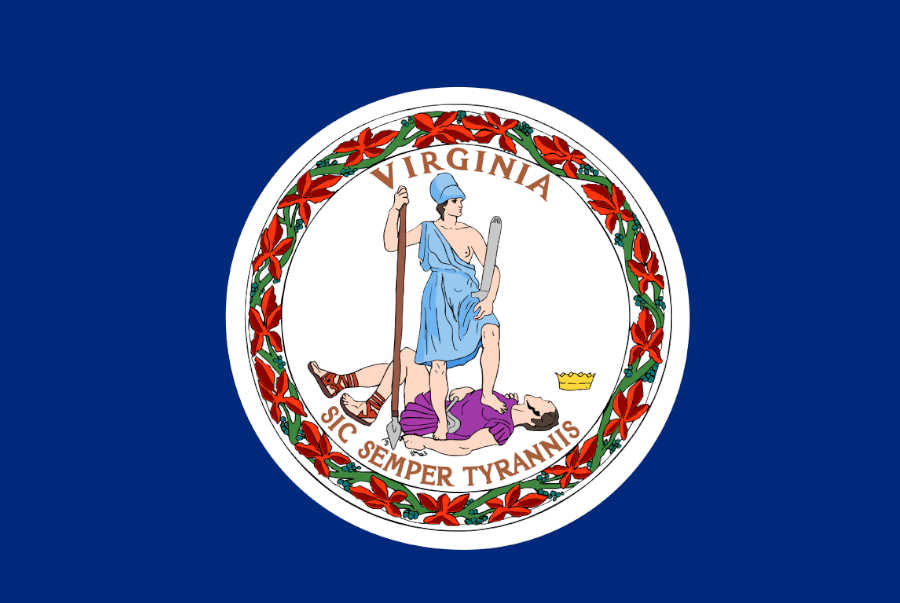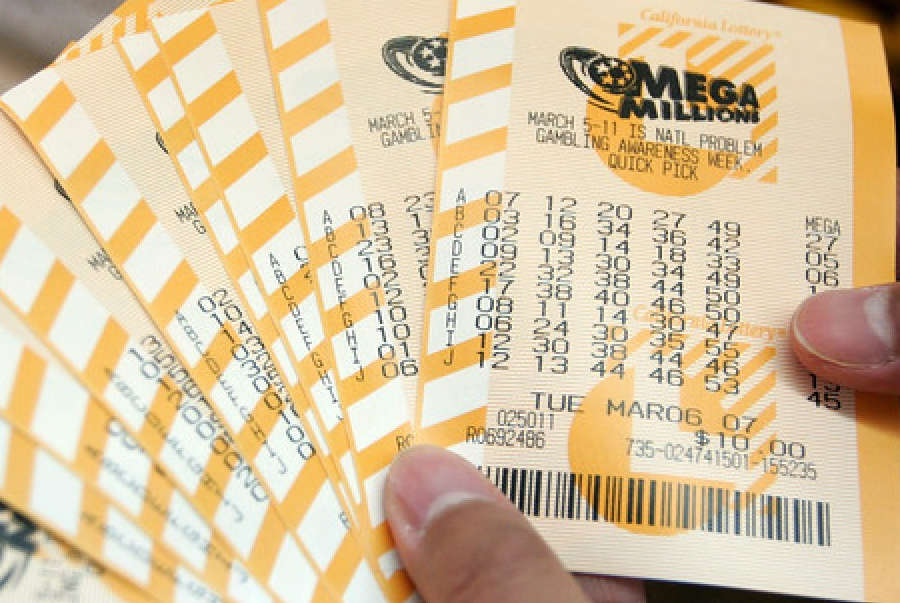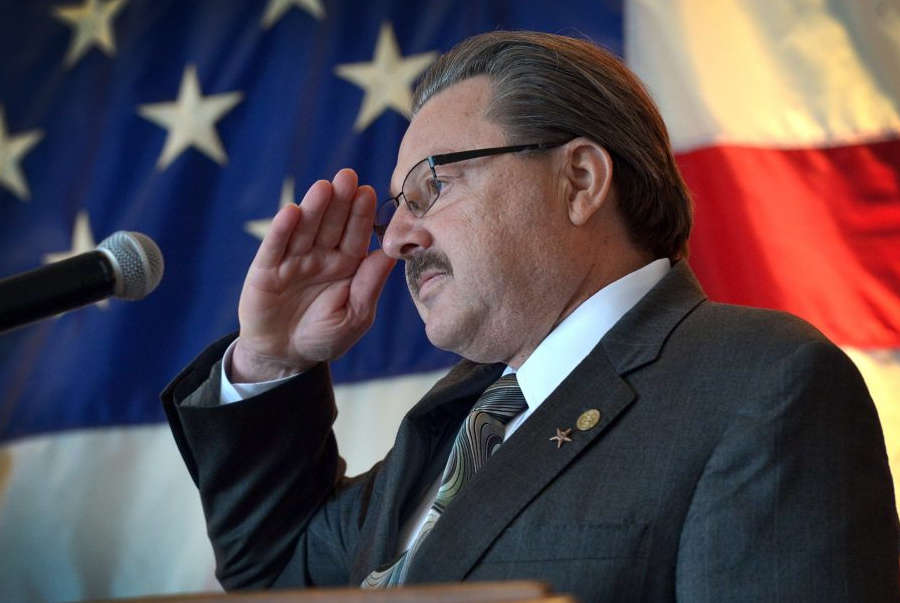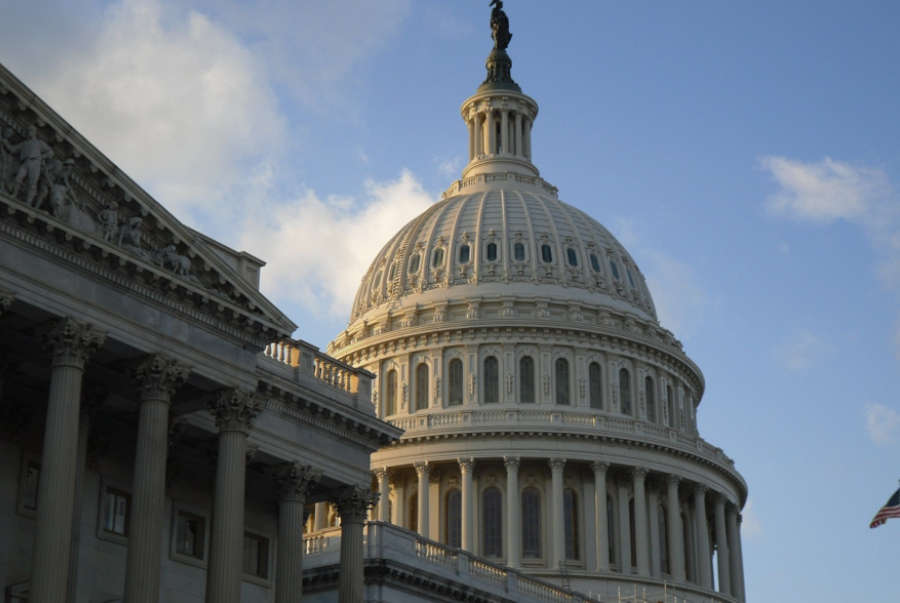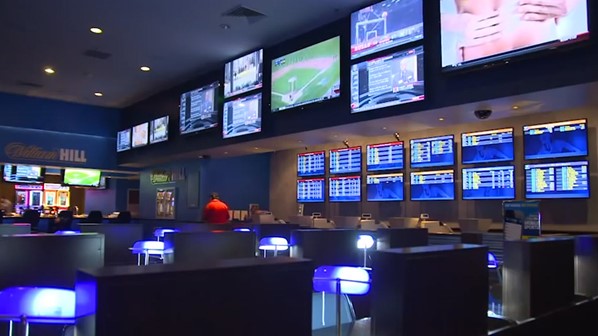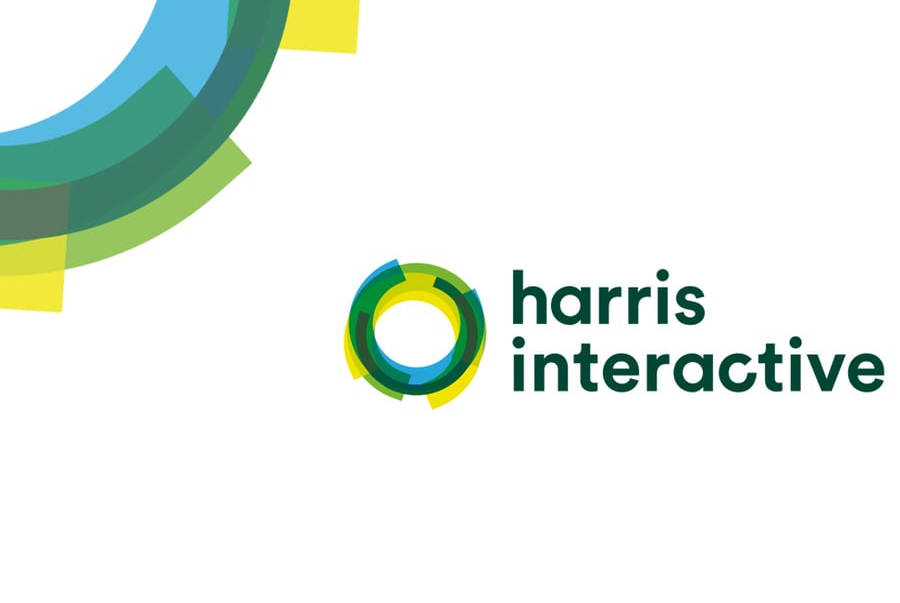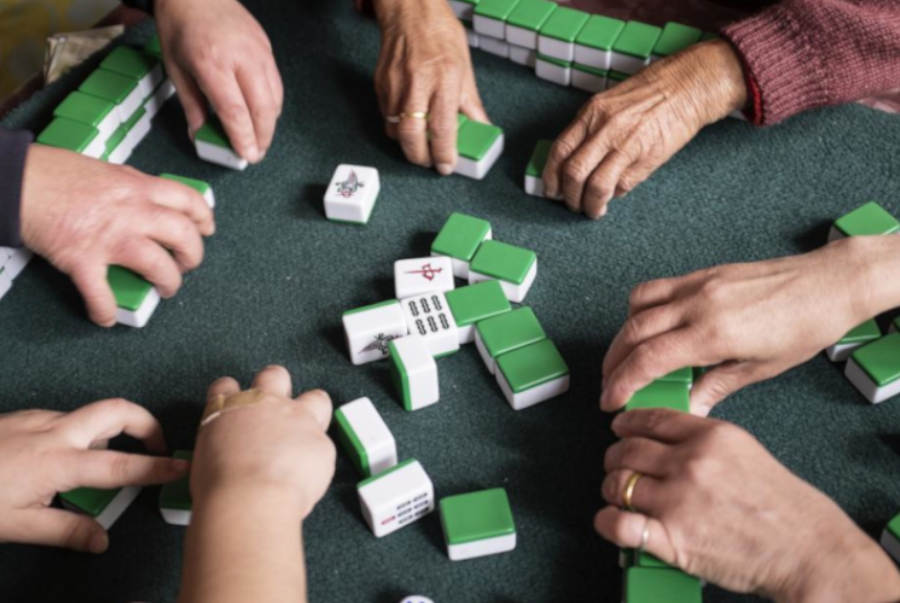- Scientific Games extends existing partnership with William Hill for another four years
- William Hill focuses on driving growth in Europe and the United Kingdom through flexible betting solutions
- SG continues to strike high-profile deals in the United States
William Hill builds on existing partnership with SG and chooses the OpenBet platform to spearhead further expansion efforts in Europe and the United Kingdom as regulatory pressure continues to mount.
William Hills Continues to Strengthen Partnerships with SG
Scientific Games is beefing up its partnership with William Hill by signing another four-year extension with the sportsbook company for its markets in Europe and the United Kingdom. As per the latest arrangement, SG will provide William Hill with the OpenSports suite, a betting technology solution.
OpenSports is based on the OpenBet platform by SG and has proven a desirable investment owing to the flexibility of the offer as well as the ability to tailor the solution to anything that currently corresponds with the needs of business.
Commenting on the partnership, Ulrik Bengtsson, chief executive at William Hill Group, said that the partnership marked a pivotal solution. Flexibility, Bengtsson stressed, was key to the further success of the company as it tries to navigate more challenging markets in Europe and the United Kingdom.
More importantly, flexibility translates into growth, Bengtsson explained. The deal also sent a clear message, he added, that William Hill continues to source operations to some of the best technical solution companies in the business.
SG Digital chief executive, Jordan Levin, also shared his satisfaction with the recent developments. Levin argued that William Hill’s decision to extend the existing partnership between the companies was a token of the company’s trust in SG’s products:
“We’re really building on one of our strongest relationships. The team at William Hill share an ambition to create next level player experiences and together, across sports and iGaming, we’re making that a reality.”
Meanwhile, William Hill also took a hit at home after the company lost around 7% stock value due to a statement by UKGC Chief Executive Neil McArthur that the regulator would consider reducing the online casino games’ maximum stakes from £100 presently down to £2.
A String of Partnerships
Scientific Games continues to maintain a leadership position in sports betting both as a content provider and trusted partner for established brands. Apart from its recent tie-up with William Hill, the company also works with Betfred.
On February 7, Betfred and SG have said that they are teaming up to deliver a dedicated sportsbook by the summer of 2020. SG also showcased the OpenSports platform during ICE London, demonstrating the data-crunching capabilities of the solution that makes it all a player and partner needs to have a satisfying experience.
Similarly, SG expanded on its existing partnership with Flutter Entertainment’s FanDuel, one of the leading DFS platforms in the United States. FanDuel is just one of the big names on Flutter’s portfolio which includes other names such as Betfair, Paddy Power and Sportsbet.



